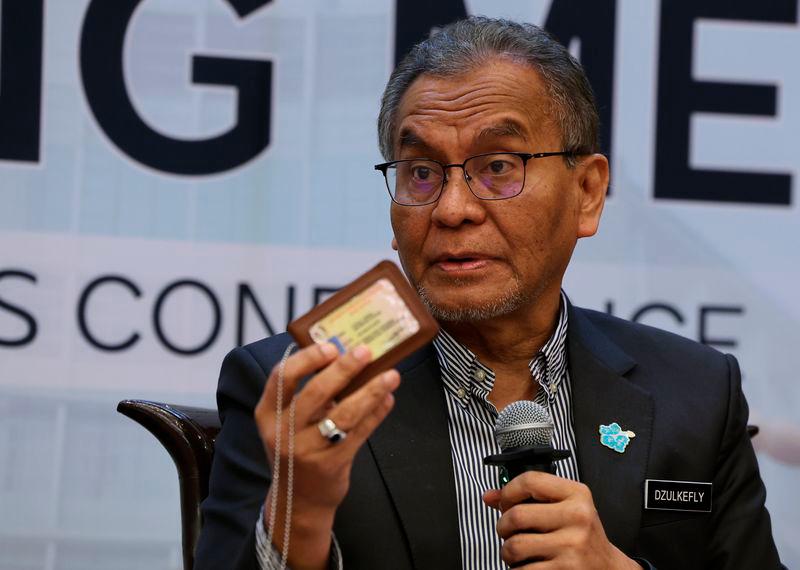PUTRAJAYA: Authorised Officers under the Prevention and Control of Infectious Diseases Act 1988 (Act 342) are not empowered to arrest or detain individuals with infectious diseases, contrary to claims by some parties, said Health Minister Datuk Seri Dr Dzulkefly Ahmad.
He clarified that the role and duties of the Authorised Officers are limited to the prevention and control of infectious diseases, including investigating and obtaining accurate information about specific illnesses.
“This is a misunderstanding and misconception that has been circulated, with some alleging that Authorised Officers and the Ministry of Health have powers of detention.
“There is no detention involved at all. It is isolation to break the chain of disease transmission, ensuring public health and the well-being of the patient,” he emphasised at a special press conference on Act 342 today.
Dr Dzulkefly further explained that the officers do not have full powers under the Criminal Procedure Code but may request assistance from the Royal Malaysia Police, Immigration Department, or other security personnel when necessary, particularly in cases where they face threats or aggression.
An Authorised Officer refers to any health officer, environmental health officer, or officer appointed by the Minister under Section 3 of Act 342.
There has been a misunderstanding among some quarters interpreting the term “detained” by an Authorised Officer as referring to police custody or detention under the Security Offences (Special Measures) Act 2012, leading to public concern.
Dzulkefly explained that these officers are empowered to investigate and obtain information regarding diseases, travel history, and close contacts, as well as issue directives for individuals suspected of being infected to undergo isolation and monitoring at locations deemed appropriate, which are not limited to quarantine stations or hospitals.
On Oct 14, the Parliament passed amendments to Act 342 to enhance the nation’s preparedness in addressing infectious disease threats.
The amendments were unanimously passed by the Dewan Negara on Dec 2 and are expected to be gazetted by the first quarter of next year.
Dzulkefly further clarified that the powers of the Director-General of Health (DG) under the Act are solely focused on measures required to prevent and control infectious diseases.
“However, any actions or directives issued by the DG are entirely subject to the discretion of the Minister of Health. The Minister holds the authority to cancel, amend, or adjust the DG’s directives to align with national public health policies and strategies,” he said.
He also refuted claims that the amendments to Act 342 were rushed, emphasising that discussions on the matter began as early as 2021.
He added that 13 engagement sessions were conducted from Feb 6 to November this year, involving 113 government and non-government agencies.
“These amendments were also thoroughly debated by 23 members of parliament in the Dewan Rakyat and 13 Senators in the Dewan Negara,” he stressed.









